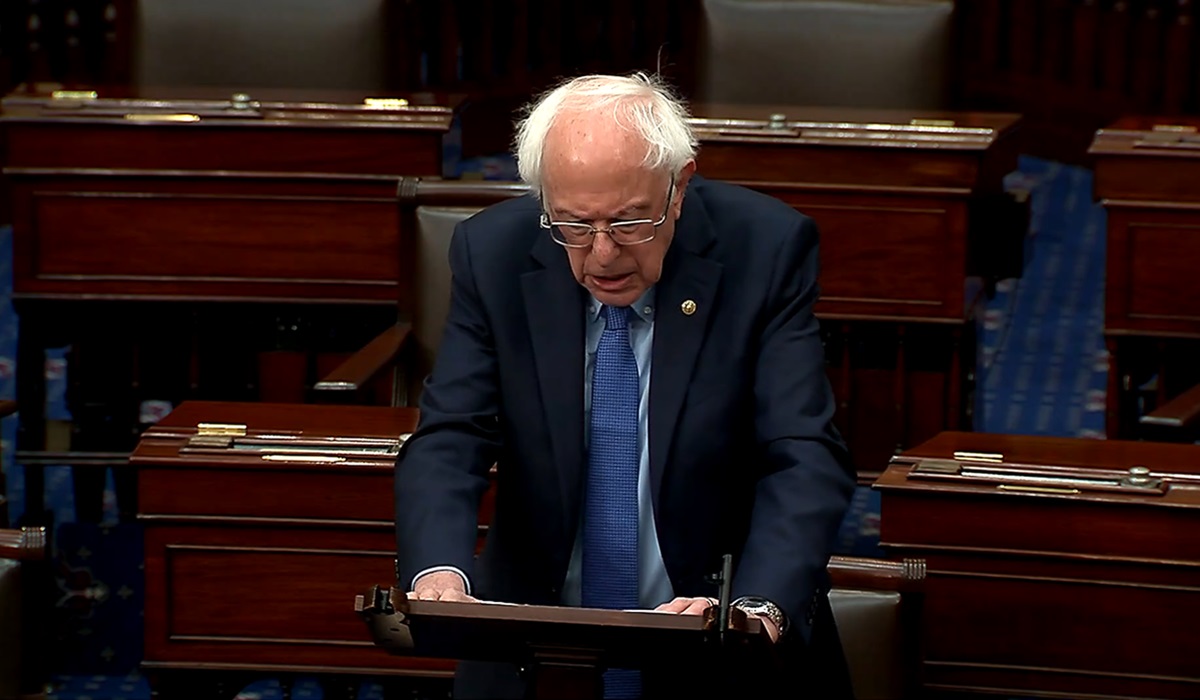Concerns Rise as US Refinery Resumes Full Production After Recent Incidents
- Kingston Bailey
- U.S.A
- March 22, 2024

Whiting, Indiana – After more than a month of partial shutdown, one of the largest oil refineries in the United States has resumed full production. The Whiting Refinery, located in Indiana and operated by BP, faced a series of challenges including a power outage and leaks, leading to concerns among the local community and prompting some residents to take matters into their own hands.
The Whiting Refinery, nestled on the shores of Lake Michigan just a stone’s throw away from downtown Chicago, holds the title of being the largest oil refinery in the U.S. Midwest and the sixth largest in the nation. With a staggering capacity to process over 400,000 barrels of crude oil per day, its operations are critical not only to the local economy but also to the wider regional energy landscape.
However, the refinery’s recent troubles have cast a shadow over its operations. In January, leaks at the facility permeated the surrounding areas with the odor of natural gas, causing discomfort among residents. February brought further challenges as a power outage forced employees to evacuate, leading to heightened flaring from the refinery’s stacks as a precautionary measure to burn off excess oil.
Local environmental activists, such as Olga Bautista of the Southeast Environmental Task Force, have been vocal about the impact of these incidents on the community. Bautista highlighted reports of headaches, nausea, and sleep disturbances among residents, indicating a severe disruption to their daily lives.
In response to these concerns, Bautista’s organization has taken a proactive approach by partnering with universities to collect real-time air quality data. This grassroots initiative aims to empower communities with the information needed to assess environmental risks and hold companies accountable for their impact on public health.
The outage in February not only affected the refinery’s operations but also had broader implications, causing gasoline prices in the Chicago area to spike by more than 20 cents per gallon. Such economic repercussions further underscore the interconnectedness of industrial incidents with the daily lives of residents.
Susan Thomas, Director of Legislation and Policy for Just Transition Northwest Indiana, emphasized the gravity of the situation, stressing that it is a matter of life and death for many community members. She called for greater transparency from BP and other stakeholders, asserting that trust must be rebuilt through open dialogue and accountability.
In response to community concerns, BP has pledged to prioritize safety and compliance at the Whiting Refinery, promising additional investments in safety measures and closer collaboration with local stakeholders. However, for many residents, actions speak louder than words, and the road to rebuilding trust will require tangible efforts to address their concerns.
As the Whiting Refinery resumes operations, residents and environmental groups alike remain vigilant, advocating for greater transparency and accountability in the management of industrial facilities. The events of recent months have galvanized community action, underscoring the importance of grassroots efforts in safeguarding public health and the environment.
In the face of uncertainty, one thing is clear: the residents of Whiting, Indiana, are determined to hold corporations accountable and ensure that their voices are heard in decisions that impact their lives and well-being. For them, the road ahead is paved with challenges, but also with hope for a future where environmental stewardship and community welfare take precedence.







